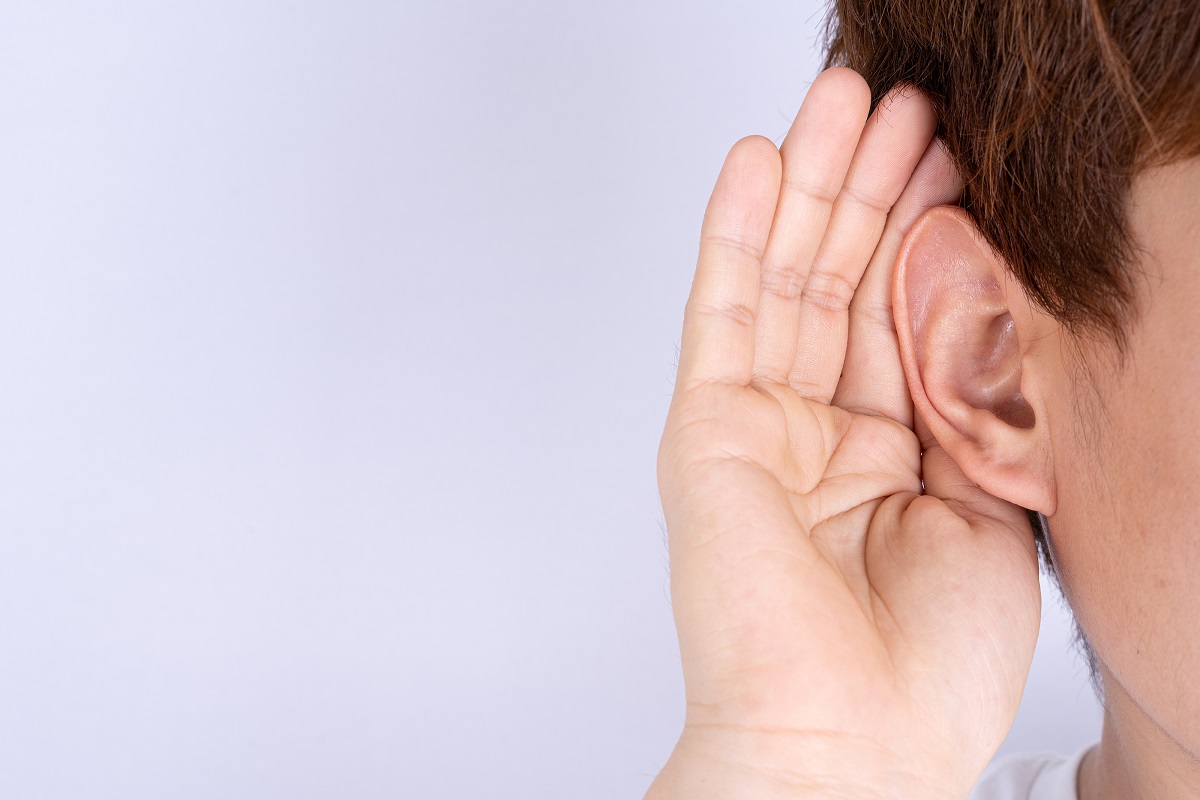March 3rd is World Hearing Day! The World Health Organization (WHO) organizes this global campaign to increase awareness about hearing loss and the accessibility of hearing loss treatment. This year’s theme is: Ear and Hearing Care for All which emphasizes hearing healthcare and the resources available to transform your hearing health and wellness. You can celebrate World Hearing Day with one simple step: scheduling an appointment for a hearing test.
Hearing Loss Facts
Did you know that hearing loss is one of the most common medical conditions that people experience today? Here are a few statistics that highlight the pervasiveness of hearing loss:
- About 48 million (or 14%) of Americans report some degree of hearing loss.
- Nearly 1 in 5 people has some degree of hearing loss.
- The prevalence of hearing loss is twice as common as diabetes or cancer.
- 1 in every 3 adults who are between the ages of 65 – 74 also have hearing loss
- Half of all adults, ages 75 and older have hearing loss.
- About 40 million adults, ages 20-69, have noise-induced hearing loss.
- Over 50 million people are exposed to hazardous noise levels regularly.
- 22% of people experience loud noise in the workplace.
- Over 1 billion people globally are at high risk of developing noise induced hearing loss.
This data highlights how common hearing loss is and the increased risk people face of impairing their hearing.
Impact of Hearing Loss
Hearing loss is a medical condition that reduces one’s capacity to hear and process speech as well as sound. This produces a range of symptoms that can disrupt daily life in significant ways including :
- Strained communication: symptoms like tinnitus – a buzzing or ringing noise in the ears, sounds being muffled or distorted, and difficulty hearing in environments with background noise can make it tough to engage in conversations. People may resort to lip reading, asking others to repeat themselves, or even pretending to hear to get through a conversation. This can lead to miscommunication, unpleasant conversations, and fatigue.
- Impacts relationships: communication is essential for relationships. People dealing with hearing loss may keep conversations as much as possible or avoid them. In fact, people often report feeling unheard or ignored by their loved one with hearing loss. This can produce tension and distance in relationships.
- Toll on social life: social withdrawal is a major effect of untreated hearing loss. To avoid conversations, people often avoid social activities and gatherings. Social withdrawal takes a toll on social life and connections . This contributes to isolation, depression, and loneliness which can take a toll on mental health.
- Increase health risk: extensive research shows that untreated hearing loss can increase the risk of a number of medical conditions. This includes cognitive decline, depressive symptoms, and falls.
These outcomes of untreated hearing loss can impact health, relationships, mobility, and quality of life. Treatment can alleviate or prevent these outcomes and transform your health.
Benefits of Treating Hearing Loss
There are numerous life-changing benefits that treating hearing loss provides. In addition to improving hearing health, treatment enhances overall health in major ways including strengthening communication. Hearing aids are the most common treatment for hearing loss and these electronic devices are designed to help absorb and process speech as well as sound. This provides the ears and brain with ample support, alleviating hearing loss symposium and maximizing one’s hearing capacity. With the support of hearing aids, people are better able to hear and communicate. Wearing hearing aids makes it easier to navigate conversations and fully participate.
This strengthens communication as well as improves relationships. People are more able to spend quality time with loved ones and do so with ease. Treatment also enriches social engagement by supporting hearing needs in social settings. Extensive research has also shown that hearing aids enhance brain health by strengthening cognitive functions. This reduces the risk of cognitive decline which is associated with untreated symptoms. Hearing aids also alleviate other health risks like falls and accidental injuries by increasing spatial awareness and safety.
Schedule a Test for World Hearing Day
This March is a useful reminder to prioritize your hearing health and wellness. You can do this by scheduling an appointment for a hearing test. Contact us today to schedule a hearing consultation so we can identify your hearing needs and address any symptoms you may be experiencing.

